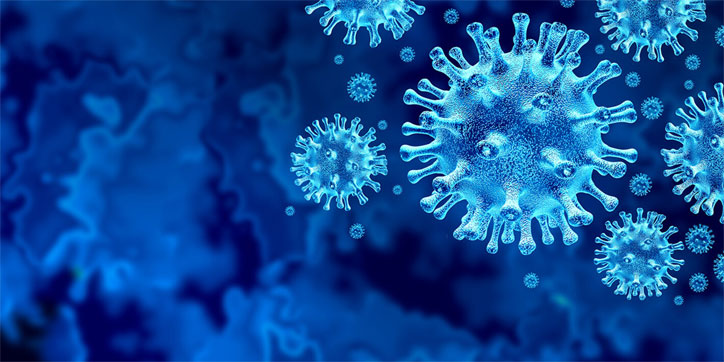By FnF Correspondent | PUBLISHED: 09, Feb 2021, 8:57 am IST | UPDATED: 20, Feb 2021, 9:58 am IST

Can you transmit the virus even after vaccination?
However, experts aren’t alarmed. Neither does it mean your vaccine is ineffective. Even if bleak, chances are that a person can easily transmit the virus even after getting vaccinated.
You need more than one shot for full protectionA single vaccine shot may be less effective than a double dose and this is the reason, people who have received their first dose have been asked to follow up in time for the second shot as well.
In the case of most vaccines being administered right now, two-dose regimes are required for them to be fully effective and evade the virus.
Lax precautions, or not taking safety measures would mean that there are chances for the virus to creep into your system, and you to transmit it onto others.
You may not get COVID-19, but you can still transmit the virus
Vaccine cut down illness and severity rates, not the transmission.
Another important factor to keep in mind while getting vaccinated is that most vaccines which have been rolled out for use right now work to prevent you from getting sick, i.e., stop the virus from inflicting problems on your body. While some of the vaccines can easily 'block' symptoms from showing up, they do not fully protect against the infection.
In the lack of this knowledge, a lot of people who have been vaccinated can still be carriers of the pathogen, spread it onto others who may not have been vaccinated. This, as a trend, has also been observed with other epidemics and infectious diseases in the past years.
Right now, while studies on the clinical level are still being evaluated, it has been seen that only a couple of vaccines have the power to act on transmission rates, such as the Oxford-Astrazeneca jab. The more we wait, we'll be in a better position to have research-backed, more efficient vaccines against COVID-19.
What happens if you get COVID-19 after being vaccinated?
You can still get reinfected with COVID-19, anytime.
Antibodies start to develop in the body after interacting with the infectious pathogen. But that isn't enough to protect an individual from getting sick again, as is the case with a lot of people who have strangely, caught the virus more than once.
This could also be a possibility to be prepared for with vaccines, even if rare.
Antibodies and systematic immunity could taper, or it could so happen, that the vaccine may not work so effectively for you, leaving room for the virus to cause problems. Remember, it can happen that you catch a less severe (or even asymptomatic version) of the virus.
Therefore, the biggest takeaway for all of us should be to keep in mind there is still an active germ threatening our health- masks and social distance are still the best ways to avoid getting sick.
Three classic symptoms of COVID
Seven other signs of coronavirus
While people are already aware of the most common symptoms of COVID-19, experts suggest a broader look into the spectrum of ailments caused by the deadly disease. The limited focus on just the classic symptoms poses great risk of spread and more danger to the health of the most vulnerable. That said, the local health officials in Warrington, Cheshire, United Kingdom, have listed down a set of seven new COVID symptoms.
According to Thara Raj, Warrington’s director of public health, “There have been several cases where a person who has tested positive for coronavirus in Warrington has had very mild symptoms, or different symptoms to the three classic ones."
"These people, who got a test as soon as they started to feel unwell, helped us to stop the spread of the virus around Warrington," he added.

by : Priti Prakash
This week has thrown up a firestorm of global developments. Let's dive into the top 5 internati...